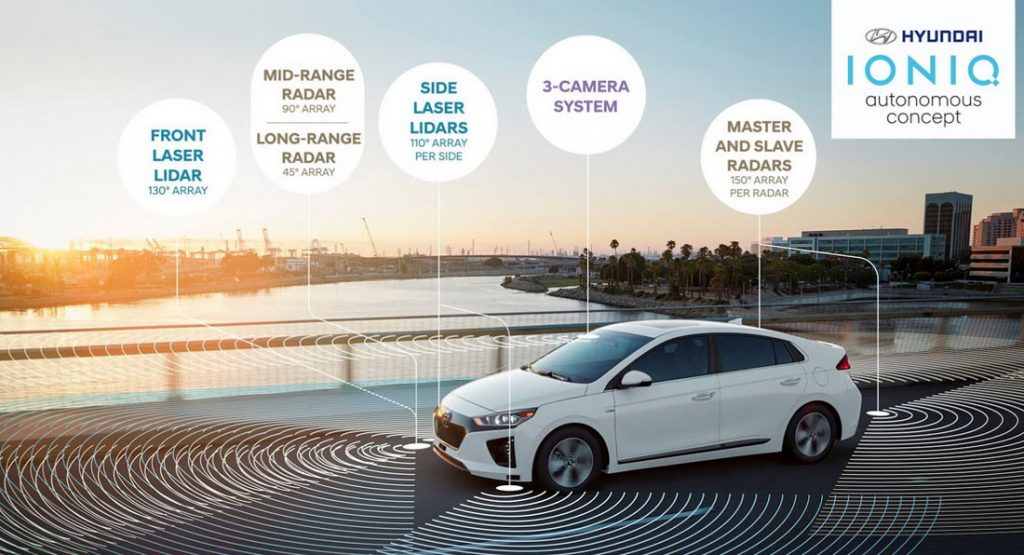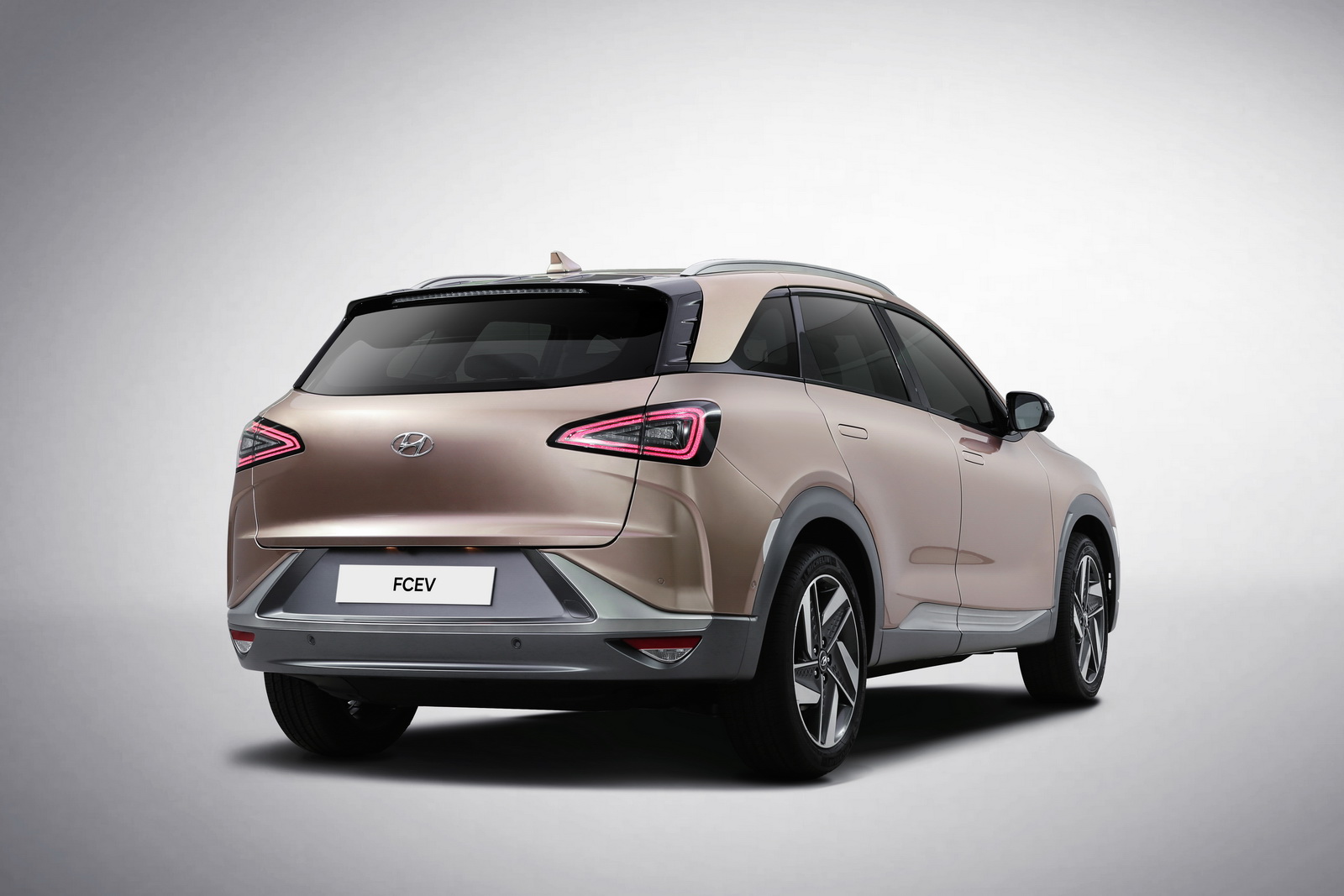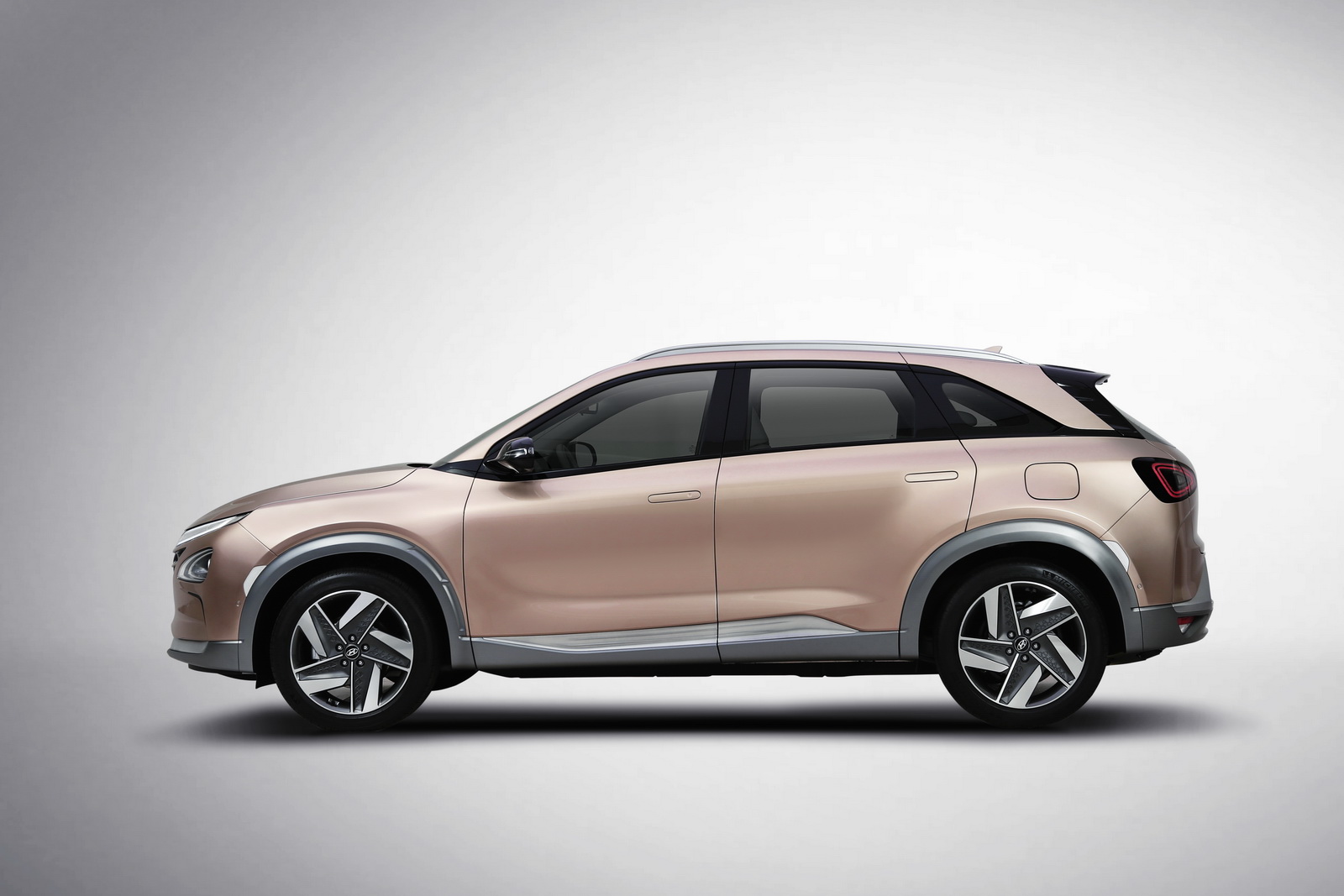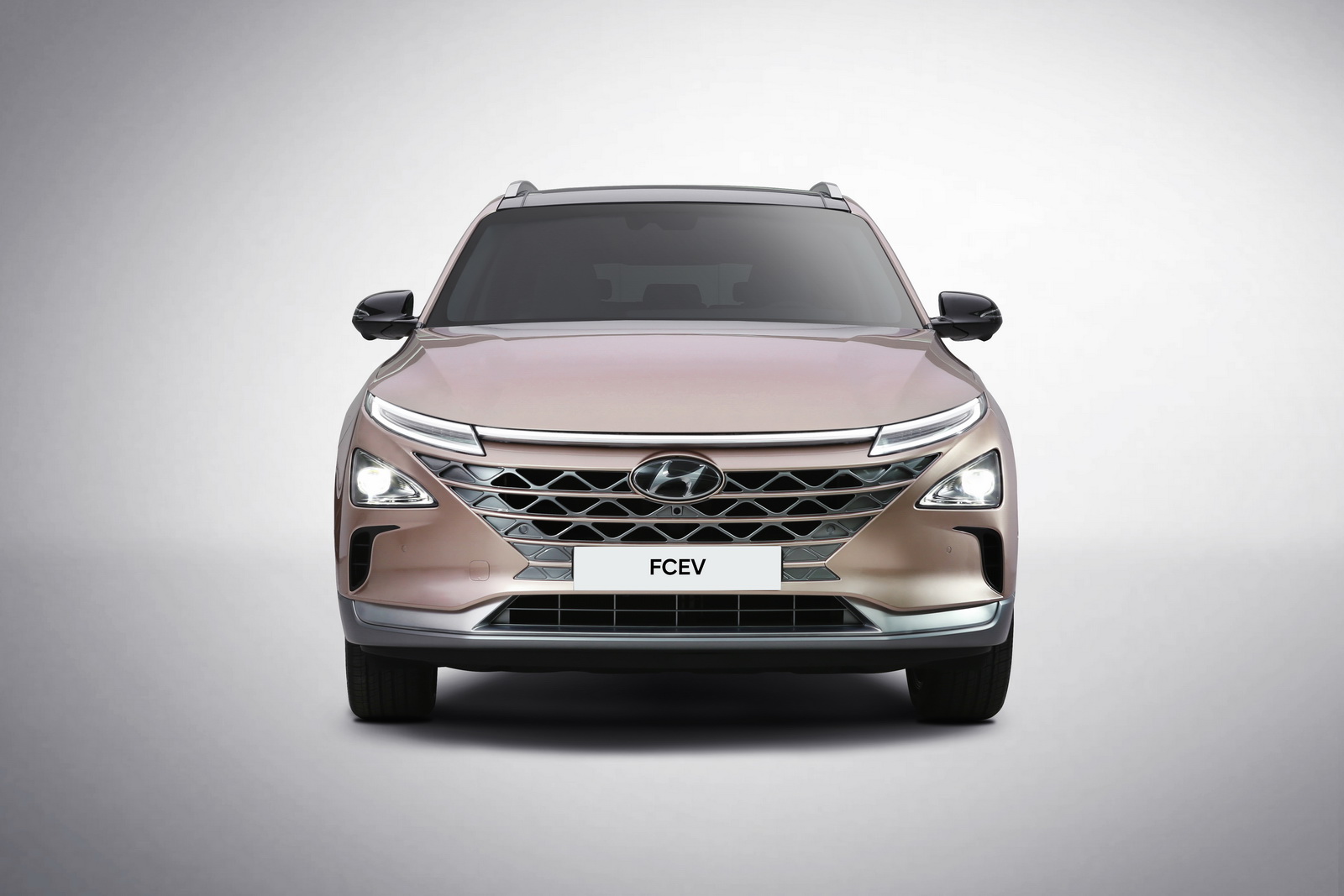Hyundai has partnered with Israeli technology company Autotalks to accelerate the development and deployment of vehicle-to-everything (V2X) communication chipsets.
V2X incorporates both vehicle-to-vehicle and vehicle-to-infrastructure technology, allowing a vehicle to communicate with all manner of connected items, including traffic lights, other road infrastructure, buildings, cars, homes, and more.
The South Korean automaker believes vehicle-to-everything technology will be extremely important in the future for autonomous vehicles. Unlike traditional sensors, which can be fooled in certain environments and weather conditions, V2X can inform a driver about what is happening no matter the situation. For example, it could inform the driver of a change to the road surface or a crash that just occurred.
“In autonomous vehicles, V2X complements existing sensors, allowing them to make more informed decisions as well as easing their interaction with other road users,” Hyundai says.
Like virtually all its rivals, Hyundai is rapidly developing self-driving technology and intends on launching a Level 4 autonomous vehicle in 2021. Its direct investment in Autotalks represents its latest step in making this a reality.
“Connectivity is one of the core technologies that can be applied to smart city business models, as well as autonomous driving and infotainment,” director of open innovation business group, Hyundai Motor Company, Yunseong Hwang said.
“Hyundai Motor will continue to invest in disruptive technologies that are in line with Hyundai’s current and future strategic pillars.”
Obviously, vehicle-to-everything technology requires much more than Hyundai’s initiative to work properly. To create connected roadways and traffic lights, governments around the world will also have to embrace the technology and invest in it – and that might take some time.










